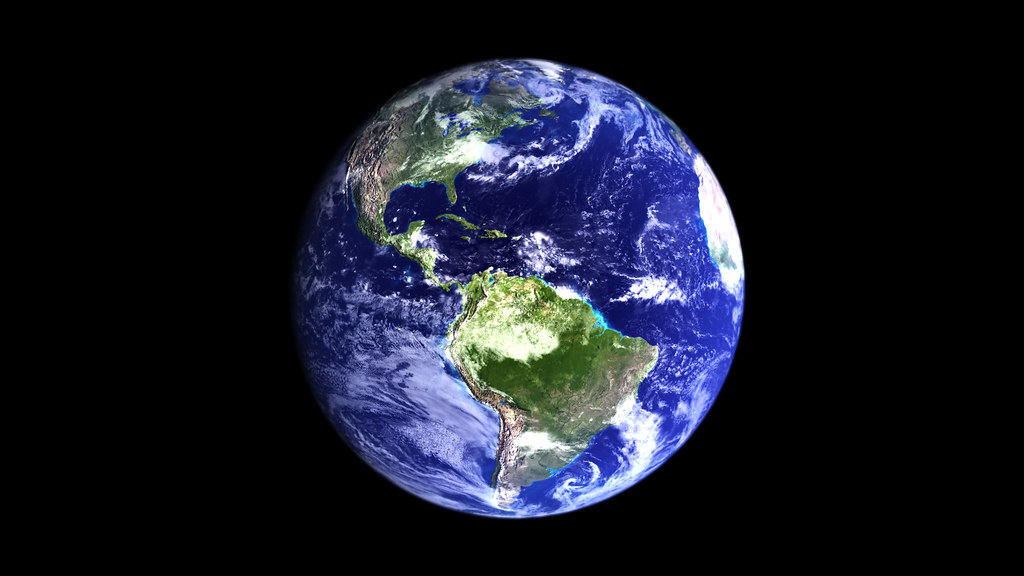Throughout history, various civilizations have conceptualized the Earth differently. The ancient Greeks, for instance, referred to the world as ‘Gaia’, the primordial Earth goddess, and believed she was the mother of all life. In Hindu mythology, ‘Prithvi’ is the Earth goddess and mother of all living beings, with the name itself meaning ‘the vast one’. These ancient civilizations didn’t just name the Earth; their cosmologies often revolved around it. It’s intriguing to observe how deeply the name and concept of Earth are entrenched in the religious and philosophical thoughts of various cultures.
Etymological Journeys
Tracing back the etymology of a word often uncovers fascinating tales. For instance, the Latin ‘terra’, from which we derive terrestrial and territory, is intrinsically tied to the concept of land, soil, and the physical realm. Likewise, ‘dünya’ in Arabic and Turkish roots from the word ‘adn’, meaning ‘to settle’ or ‘to stay’. These etymological insights give us not just the linguistic, but also the cultural evolution and the changing relationships and understandings of humanity’s home.
Earth in Popular Culture
The concept of Earth, our home planet, has been a significant theme in literature, art, and pop culture. From stories of creation in holy texts to the Earth’s portrayal in modern cinema and literature, our planet has been romanticized, worshipped, mourned, and celebrated. Various depictions show the multifaceted relationship humans have with their home, sometimes taking it for granted, sometimes venerating it, and sometimes yearning for its safety amidst intergalactic escapades.
Physical Uniqueness and Comparative Planetology
When we compare Earth with its celestial neighbors, it stands out in many respects. It’s the only planet known to harbor life, has a unique atmospheric composition, and vast liquid water oceans. Moreover, unlike the gas giants (Jupiter, Saturn, Uranus, Neptune), Earth is a terrestrial planet. These physical and chemical characteristics are often used as a benchmark in the field of exoplanet studies, where astronomers look for ‘Earth-like’ planets outside our solar system, hoping to find conditions suitable for life.
Symbolism and Environmentalism
Earth has become a symbol of environmental movements worldwide. The iconic image “Blue Marble”, one of the most widely distributed photographs, shows Earth from space and emphasizes the planet’s fragility and beauty. Earth Day, celebrated annually on April 22nd, is dedicated to supporting environmental protection. This shift from viewing Earth purely as a physical entity to a symbol of environmental consciousness underscores humanity’s evolving relationship with its home, emphasizing the importance of sustainable coexistence.
Earth, as a name, a concept, and a home, has been at the core of human existence. The way we perceive our planet speaks volumes about our history, culture, science, and aspirations. Whether we’re gazing at it from a moonlit beach or studying it through the lens of a satellite, Earth remains our constant, grounding us in the vast expanse of the universe.
Electromagnetic Marvels
Remember when you learned about Earth’s magnetic field in school? This magnetic shield not only directs our compasses but also acts as Earth’s protective layer, deflecting harmful solar winds. For the tech-savvy, consider this: without this shield, our electronic devices would be in constant jeopardy from solar storms.
Golden Shimmers
About 20 million tons of gold resides in our oceans. Sadly, extracting it isn’t economically viable, so you won’t be turning into a gold magnate anytime soon. But for the digital nomad, oceans offer a different treasure: tranquillity. Did you know ambient ocean sounds enhance focus?
The Earth’s Hum
Earth emits a continuous hum, a phenomenon detected by seismographs across the globe. This hum isn’t caused by earthquakes or external forces but is a natural resonance of our planet.
The Color-Changing Planet
From space, Earth appears blue due to the reflection and scattering of sunlight by the oceans. However, over time, as vegetation patterns change, our planet displays a subtle “greening” effect, especially noticeable through satellite imagery.
While Earth offers us a home, it also presents infinite wonders, from its magnetic quirks to its serene hums. So, whether you’re working from a skyscraper or a beach cabana, remember to appreciate the tech wonders this planet indirectly offers. Dive deep, explore, and always stay curious!
- Transform Your Health with Medford Medical Weight Loss Program - June 9, 2025
- A Chat with Nate and Mika, Christian Wedding Photographers - July 18, 2024
- Ultimate Guide To Playing Online Casinos - May 27, 2024









